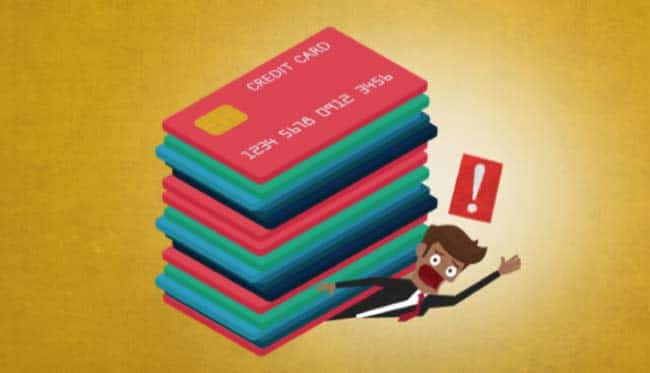
Houston Oil Refinery Explosion Attorney
September 12, 2020
Personal Protective Equipment PPE Communication Methods
September 17, 2020Proven Tactics For Handling Credit Card Debt
Hello friends how are you all? Today we are going to talk about Proven Tactics For Handling Credit Card Debt. We often hear about the upsides of using credit cards. And it’s true; credit cards can be many things — tools to help us build our credit scores over time, as well as conduits to various perks and rewards.
However, these thin plastic cards and all that they represent can also become burdensome for consumers stuck in a high-interest debt cycle. Carrying a balance on one or more credit cards means cardholders can find themselves descending further and further into debt as interest charges compound. As it stands, U.S. households with revolving credit card debt carry an average total of $6,124.
It’s in your best financial interest to tackle your credit card debt as soon as possible.
Here are four Proven Tactics For Handling Credit Card Debt.
Target Your Accounts in Order
Although it may seem most equitable to spread your payments across all your accounts evenly, there are more efficient ways to pay down what you owe.
Many experts regard the debt snowball strategy as the most motivational because you start with your smallest account and work your way up the chain — paying the minimum due across all accounts every month, of course, while devoting as much money as you can to whichever account you’re prioritizing at the time. You’ll see progress more quickly as you eliminate your smallest account, then the next-smallest, and so on until you’re finally ready to throw all your spare funds at your most intimidating line of credit.
Another highly recommended strategy is debt avalanche or prioritizing whichever account has the highest interest and moving your way down the chain. Again, it’s important to keep paying the minimum on all other accounts. The benefit here is that you’ll knock out your most expensive accounts first, ideally saving you money in interest charges on your payoff efforts.
Transfer Your Balance(s) To A New Card
High-interest rates can make credit card debt tricky to eliminate, even if you’re making regular payments. Transferring your balance to a new card with no — or low — interest can help you catch a break on interest charges, meaning your payments go directly toward working down the principle balance for as long as the introductory period lasts. You will pay a small fee per balance transfer generally between three and five percent per transfer, but this strategy may still save you money if you’re currently struggling with steep interest.
Negotiate To Lower Your Balances
If you’re genuinely struggling to keep up with your monthly payments — even struggling to pay the minimums every month — you may be in a position to negotiate down your balance. Some creditors would rather accept a lesser settlement now than suffer the consequences of your complete default later.
There are a couple of ways to go about debt negotiation. Some consumers decide to pick up the phone and communicate with creditors themselves. Others work through debt relief program, which require meeting monthly savings goals and outsourcing negotiations to experts. Either way, the best bargaining chip is money in the bank to offer as a partial settlement.
Work With A Credit Counseling Agency
Meeting with a credit counselor is a good, and often free way to get a personalized insight into your debt situation. Depending upon your circumstances, a credit counselor may enroll you in a three- to five-year debt management plan (DMP).
With a DMP, you’ll make one monthly payment to the agency, which will distribute the funds across your lenders. Those creditors may also agree to give you a break on interest payments or waive fees when they see you’re committed to a DMP.
Everyone’s journey to freedom from credit card debt looks different, so it’s worth considering all the options available to you before making a move. So friends hope you will enjoy our article Proven Tactics For Handling Credit Card Debt and also helpful for you.




